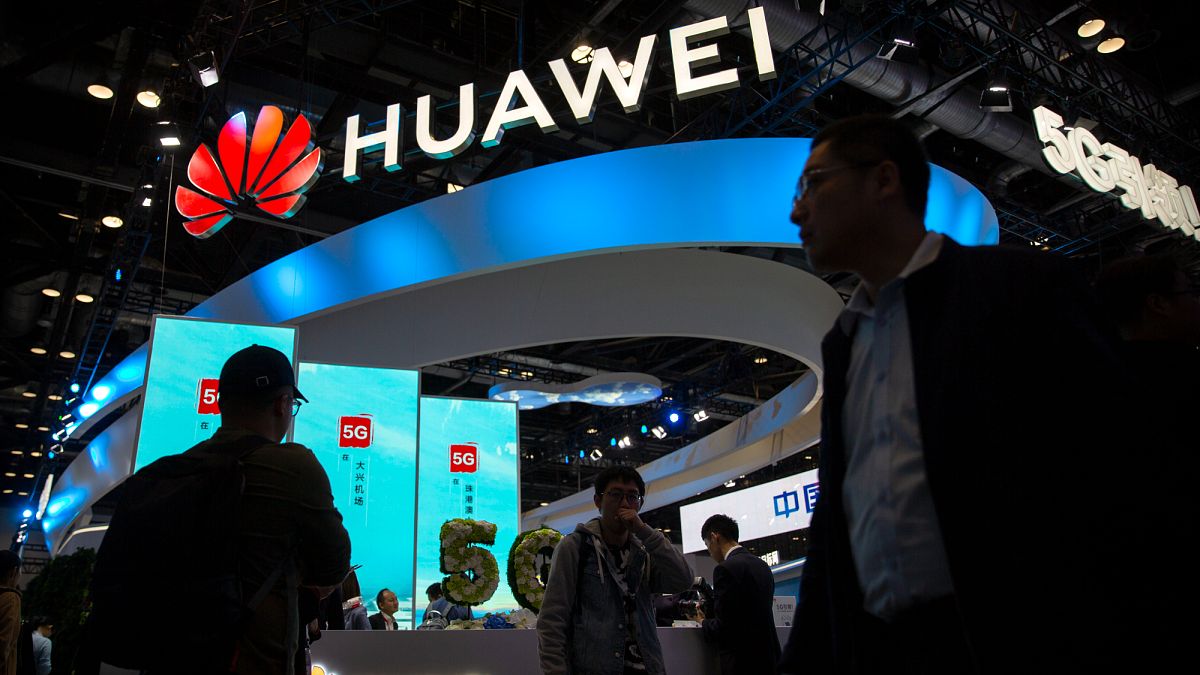

In an interconnected world, the threads of technology and international trade weave a complex tapestry of challenges and opportunities. Recent developments highlight the delicate balance countries must navigate in safeguarding their national interests while engaging in global cooperation. Anchored by these realities, Spain, the European Union (EU), and the United States find themselves at pivotal junctures.
Spain is currently experiencing an intriguing duality concerning the Chinese technology company, Huawei. While the nation has excluded Huawei from participating in its 5G network due to security concerns, the technology giant retains its role in storing wiretap data. This decision illustrates the nuanced approach that countries sometimes have to adopt, balancing security and practical considerations in an increasingly digital world. The Spanish government’s move reflects a widespread cautious stance toward allowing essential infrastructure’s foreign influence, especially when dealing with sensitive data. Such decisions underscore the ongoing global discourse surrounding data privacy, national security, and technological dependence.
Meanwhile, across the Atlantic, the trade relations between the United States and the European Union are being tested with new developments. The U.S. has announced plans to increase the tariff rate on EU imports to 30%, set to take effect from August 1. This move has prompted diverse reactions in Europe, with French President Emmanuel Macron advocating for a firm defense of European interests while other EU leaders call for a more measured approach to avoid unnecessary escalation. Despite the tensions, the European Commission remains open to dialogue, emphasizing the importance of reaching a mutually beneficial agreement while preparing proportionate countermeasures to protect its economic interests.
This policy shift adds another layer of complexity to transatlantic relations, especially for nations like Ireland, which have benefited significantly from multinational investments. The possibility of retaliatory measures, such as an EU digital services tax, heightens the stakes for Ireland, illustrating the broader impact of such tariffs on smaller economies reliant on export-driven growth. The potential reverberations of Trump’s trade policies extend beyond bilateral relations, affecting the economic landscape at large.
At the intersection of trade and technology, Europe’s privacy advocates are making significant strides as they challenge major tech firms through class-action lawsuits. Empowered by the EU’s General Data Protection Regulation (GDPR), these groups are leveraging new legal tools to address alleged privacy violations. This shift represents a strong assertion of consumer rights and reflects growing scrutiny over how tech companies handle personal data. It serves as a reminder of the evolving regulatory environment in which global corporations operate, pushing for transparency and accountability.
Overall, these scenarios encapsulate a broad spectrum of issues involving technological sovereignty, trade policy, and economic resilience. Countries and companies alike are navigating these domains, seeking to find equilibrium in a rapidly changing world. The necessity for dialogue, cooperation, and flexibility remains paramount, as global actors work collaboratively to mitigate risks and embrace opportunities in this dynamic age. These measures demonstrate a shared commitment to sustainable progress, underscoring the value of thoughtful negotiations and adaptable strategies in preserving peace and prosperity across borders.
Source: {link}
